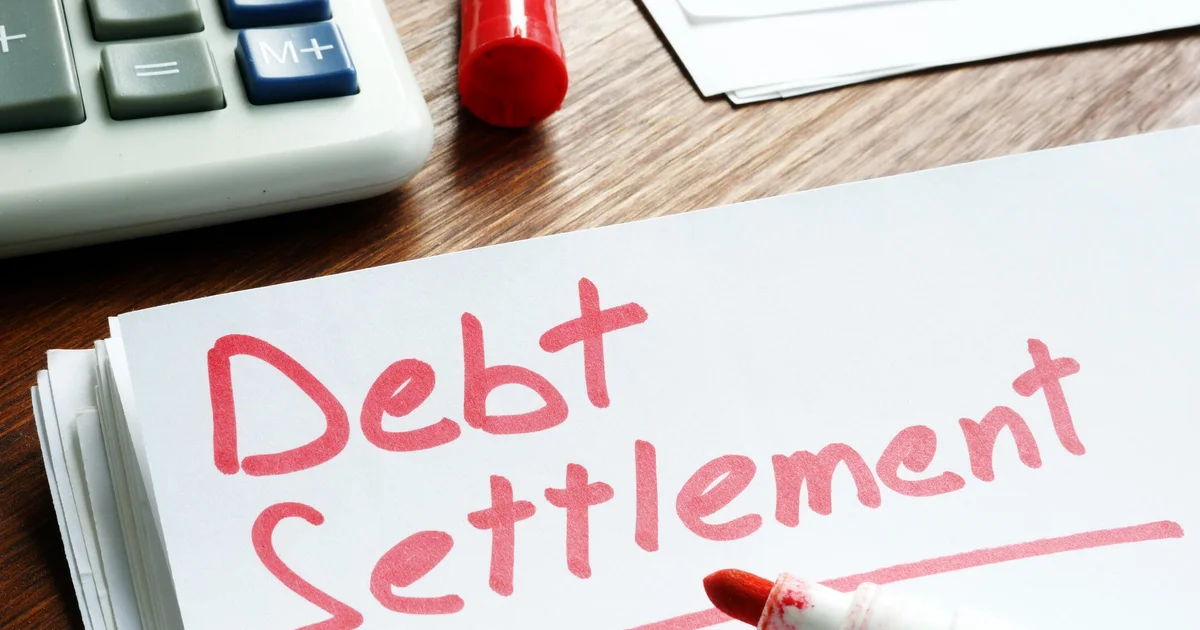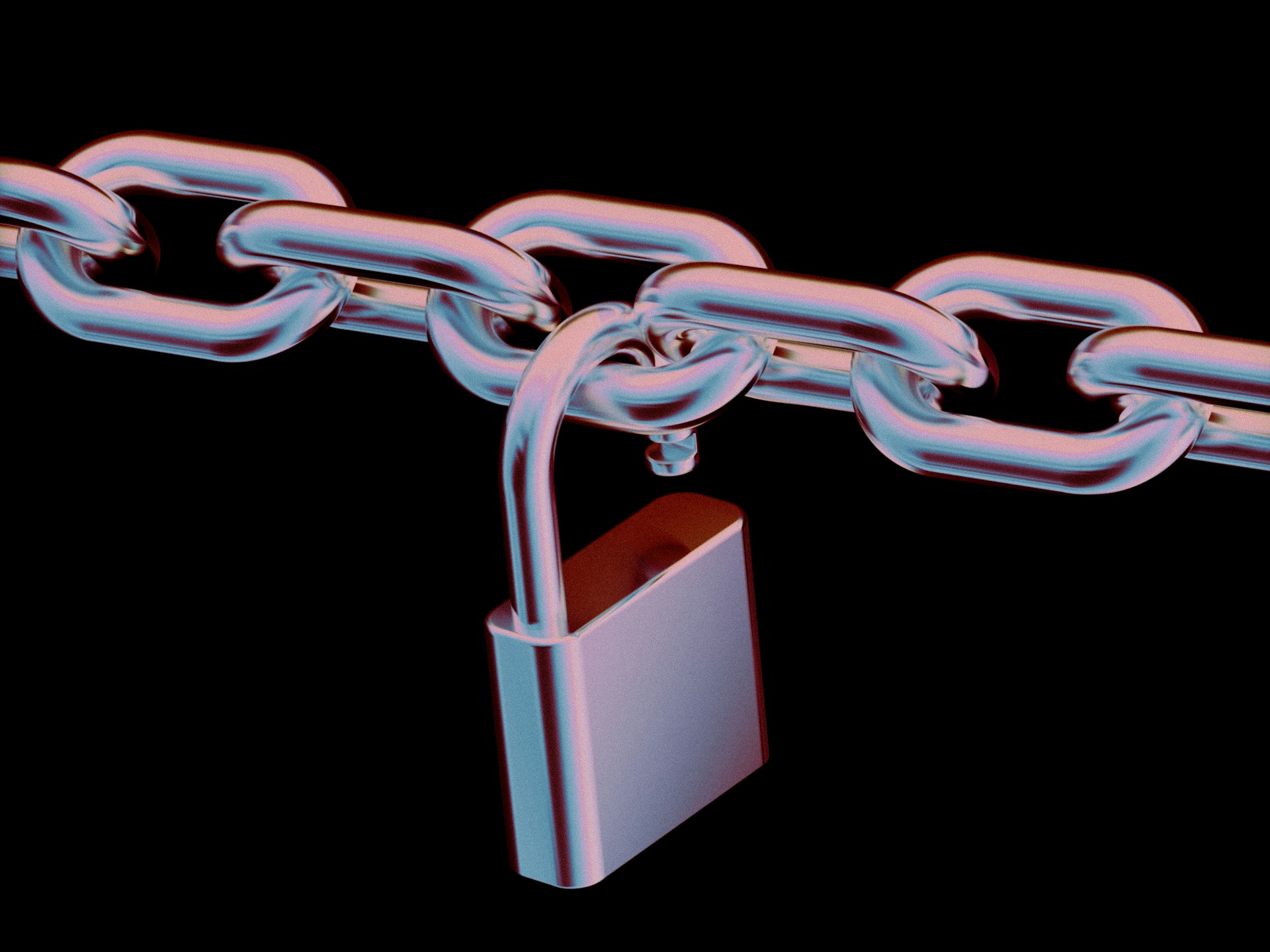
Debt can sneak up on borrowers much faster than they may expect. What starts as a manageable balance can quickly grow when life throws curveballs. All it takes is an unexpected expense, a job change or even just relying on credit cards to cover day-to-day costs for your debt burden to grow rapidly. And, if you’re facing debt that comes with compound interest, like credit card debt, the minimum payments will rarely make a dent in what’s owed. When that happens, the stress that comes with rapidly growing balances starts to take over.
For many, that’s where debt settlement enters the conversation. These programs aim to negotiate with your creditors to reduce what you owe, potentially offering a path out of debt when full repayment feels impossible. But while debt settlement can be a lifeline, and while there are plenty of reputable debt settlement companies to choose from, the industry is also plagued with companies that may overpromise and underdeliver.
That can make it challenging to weed out the safe, reputable programs from the ones that could leave you worse off. Luckily, there are a few specific things you can look for to determine what debt settlement programs are operating with your best interest in mind.
Learn more about how you can take steps to start tackling your high-rate debt.
What makes a debt settlement program reputable and safe?
If you’re considering debt settlement, knowing the hallmarks of a reputable program can help you choose wisely and avoid scams. Here’s what to look for:
Professional accreditation and good industry standing
When it comes to finding a safe, reputable debt settlement program, a good place to start is to determine whether the debt relief company you’re considering is a member of, or is accredited by, reputable organizations. For example, you may want to look for companies that are members of the International Association of Professional Debt Arbitrators or the Association for Consumer Debt Relief. Membership with these or other reputable organizations is a signal that a company is likely to operate responsibly.
You may also want to check the company’s standing with the Better Business Bureau (BBB). Not only can you learn a lot from the complaints or concerns outlined by other customers, but it also makes sense to work with companies that have at least an A rating from the BBB. You should also verify the company’s licensing requirements in your state, as many states (but not all) require special licenses for debt settlement operations.
Find out more about the debt relief options available to you now.
A transparent fee structure with no upfront costs
Federal law prohibits debt settlement companies from charging upfront settlement fees before they’ve done any work, and as a result, a legitimate debt settlement company will not charge you for settling debts until it has provided that service. If a company offers to help eliminate your debt but first requires you to pay them a fee for that work, you should generally be wary of the situation. The same goes for companies that tack on unexpected fees or are less than transparent about the complete cost structure tied to their debt settlement program.
Honest communication about the risks and limitations
Reputable debt settlement companies will ensure you’re fully informed of the risks, the process and the likely outcomes. For example, a trustworthy company will explain that debt settlement will likely damage your credit score, that you may still face collection calls and lawsuits and that the process typically takes a few years to complete. They’ll also discuss tax implications, as forgiven debt over $600 may be considered taxable income.
You should also try to avoid companies that make promises about specific outcomes, as these may be misleading. There’s no way to ensure that your debts will be settled for a specific amount or within a certain timeline, as negotiations and other variables can have a big impact on the outcome.
A clear process and realistic timeline
While the timeline varies based on factors like the number of accounts enrolled and the total debt, it takes a few months, on average, to settle your first account and two to four years to complete the entire process if you’re settling multiple debts. This timeline should be clearly explained to you as part of the initial conversation about the debt settlement program, so if a company skips this information or tells you it can offer relief in just a few weeks or months, you may want to think twice about working with them.
A reputable debt settlement company will take the time to explain exactly how the process works, including how you’ll save money in a dedicated escrow account, how (and when) negotiations will proceed and what happens if settlements can’t be reached.
Proper account handling
When you work with a debt settlement company, part of the process is to set up a dedicated account for your settlement funds. By law, this account must be in your name, at a federally insured institution and controlled by you. You should have full access to the account and be able to withdraw your money if you decide to leave the program.
The bottom line
Debt settlement can be a lifeline for those overwhelmed by credit card balances and other unsecured debts, but only when working with a safe, reputable program. If you decide to take this route, be sure to spend time vetting potential companies. Start by verifying the company’s accreditation and memberships, get every fee and timeline in writing before you enroll and run from any high-pressure tactics, tacked-on fees or up-front charges. And, remember that legitimate debt relief takes time, transparency and realistic expectations, so be wary of any company promising quick fixes or guaranteed results, as these red flags signal that you’re unlikely to get the outcome you’re hoping for.



